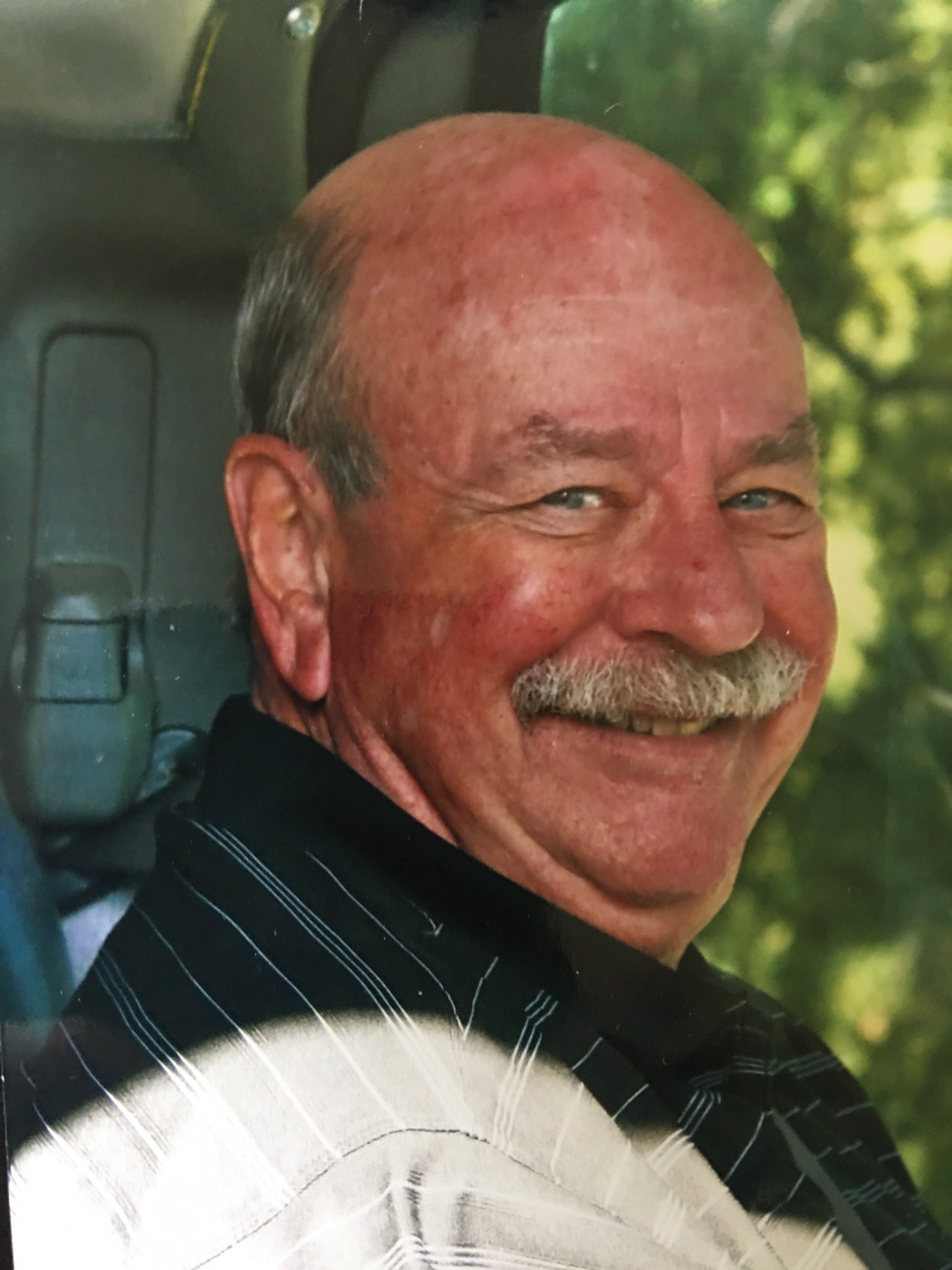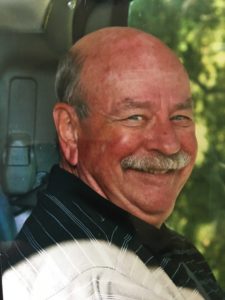FEATURES | By Robin Gerber
The Coronavirus Diaries
Dr. Tony Hirsch
Tony Hirsch knew he wanted to be a doctor from the time was a young boy. “I really admired my family doctor, and liked what he did,” he recalls. Eventually, Tony became chief of pediatrics at White Memorial Medical Center in Los Angeles, with a specialty in adult and pediatric allergy and immunology.
Now semi-retired, Tony is a prominent Ojai clinical allergist. His specialty gives him a background and keen interest in the hot button issue of the moment – our immune systems. I asked him what he could tell our community about Covid-19, the coronavirus devastating world health.
We all know that social distancing, hand washing, and mask-wearing helps to slow the disease. But where are we now in our battle against Covid-19? Where are we going, and how can we end our quarantine?
“When we get sick, the way we fight is with antibodies,” Tony explained. “As we age our ability to produce antibodies gets weaker, and that makes us more susceptible to novel viruses, like this coronavirus. Your body has less ability to kill the coronavirus as you age, and then co-morbidity, or having more than one disease at a time, makes it worse.” That’s why our Valley’s aging population is more at risk for the virus, but what about treatments and vaccines?
“There are three medical agents that could be useful,” Tony said. “An anti-viral like Tamiflu is number one.” Tamiflu is effective for influenza, and like any anti-viral, must be taken in the first 24-48 hours. Could there be a Tamiflu-type anti-viral for coronavirus? ‘There’s one being developed that has promise,” Tony says. It turns out that Gilead Sciences, Inc., an Israeli company, is developing Remdisivir, an anti-viral targeted at Covid-19. There will be results from late-stage studies out of China and the U.S. by the end of May.
Antibody therapy is the second line of defense against the virus. Tony knows about that kind of therapy from first-hand experience. As a resident at New York Hospital in 1968 he got shingles. “There was a chicken pox outbreak in New York City, and I got shingles on a facial nerve, so one side of my face was aflame. But I developed so many antibodies that I became an antibody donor for the hospital.” The hospital had patients who were immunocompromised, like those with leukemia or cancers. There was no way to treat them until the hospital took Tony’s blood, full of herpes zoster (shingles) antibody, spun it into a serum, and gave it to those patients. They all recovered from the chicken pox, which could have killed them.
With Covid-19, there is active work to create an antibody serum using the blood of people who were infected and have recovered. Virus-neutralizing antibodies are being isolated and tested now, most notably by a company called Regeneron. Testing for anti-bodies is quick and easy, just a finger prick once the test is available. If you are infected, you can make thirty-odd antibodies in response to Covid-19, which is why it’s difficult to find the most effective ones that would neutralize the infection. “And it’s possible to get a serum in two-three months,” Tony says. “If the virus recedes in the summer, as we expect, treatments could be ready by the fall.”
The third, and most sought-after defense against Covid-19 is a vaccine, which is not expected until next year. “Testing a vaccine is much more difficult than testing for treatments,” Tony explains. ‘Also, the lack of testing for the virus has left us in a fog. Without testing we have no idea how many cases are in our community, or in Ventura County. But we have low density, and we’re staying home. We know that if the virus has no place to go, it dies after some number of days.” A reminder that we need to continue our new ways of staying home, distancing when out, face-covering, hand-washing, and keeping up with expert advice. Like all of us, Tony’s looking forward to the taming of this terrible virus, and a gradual return to the socially vibrant life of our Valley.



Leave A Comment